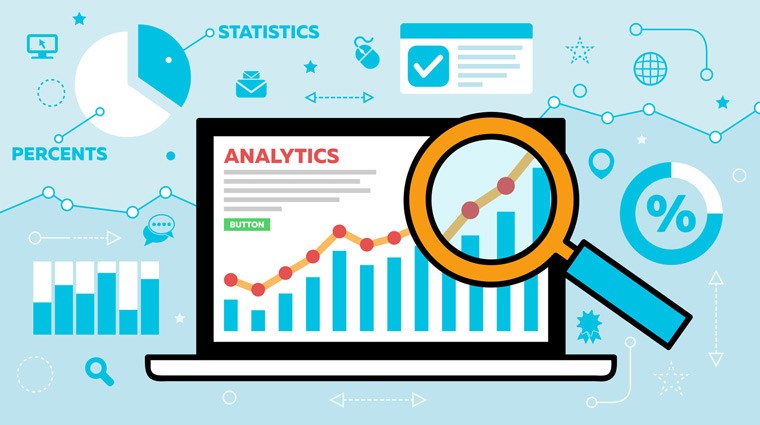Data Analytics Course
Duration: 6 Months
Project: 2

Data analytics is on the rise, becoming a popular choice among students and professionals alike. However, the right course choice can be challenging amidst a multitude of options. Here at Innovartic, we offer a solution with our online Data Analytics courses.
Our Data Analytics course empowers you to become proficient in Data Wrangling, Power BI, and Data Mining, among other industry-relevant skills. You'll learn from industry experts through real-time projects and case studies, leading to a Data Analytics certification from Innovartic Solutions. Enrol today to get on the fast track to a successful Data Analytics career.
Course Overview
Experience real-world scenarios with our hands-on lab sessions. Our training is designed to offer you the practical skills you need.

- Gain an immersive understanding of the practices and processes used by a junior or associate data analyst in their day-to-day job

- Understand how to clean and organize data for analysis, and complete analysis and calculations using spreadsheets, SQL and R programming

- Learn key analytical skills (data cleaning, analysis, & visualization) and tools (spreadsheets, SQL, R programming, Tableau)

- Learn how to visualize and present data findings in dashboards, presentations and commonly used visualization platforms
Course Content

- Understand key terminology in Data Analytics such as data, data analysis, and the data ecosystem.

- Self-assess one's analytical thinking capabilities and illustrate its practical applications.

- Introduce the significance of spreadsheets, query languages, and data visualisation tools in data analysis.

- Elaborate on the responsibilities of a data analyst, highlighting potential job roles.

- Understand the significance of each phase in the problem-solving roadmap within typical analytical scenarios

- Highlight the significance of data in driving decisions.

- Showcase proficiency in using spreadsheets for fundamental data analyst tasks like data entry and organisation.

- Introduce structured thinking and its central themes.

- Discuss considerations when deciding on data collection methods.

- Differentiate between biased and unbiased data sources.

- Provide an overview of databases, focusing on their roles and main components.

- Outline best practices for data arrangement.

- Understand the concept of data integrity, including its types and potential risks.

- Utilized basic SQL functions to clean string data in databases.

- Formulate basic SQL queries for database operations.

- Describe the steps to validate cleaned data outcomes.

- Stress the importance of data arrangement prior to analysis, with a focus on sorting and filtering.

- Comprehend the steps in data conversion and formatting.

- Master the use of SQL functions and syntax for merging data across multiple database tables.

- Demonstrate the application of basic mathematical functions on spreadsheet data.

- Illustrate how data visualization aids in presenting data and analytical results.

- Recognize Tableau as a tool for data visualization and its various applications.

- Define data-driven storytelling, highlighting its relevance and key features.

- Enumerate principles and best practices for impactful presentations

- Introduce the R programming language and its coding environment.

- Clarify core concepts in R programming, such as functions, variables, data structures, pipes, and vectors.

- Explore options available for crafting visualizations in R..

- Grasp the basic structure and emphasis techniques in R Markdown.

- Differentiate among capstone projects, case studies, and portfolios.

- Enumerate key elements and qualities of a comprehensive case study.

- Implement standard practices and techniques in the data analysis workflow using a provided data set.

- Explore the value of case studies and portfolios during interactions with hiring personnel and potential employers.